Description
Introduction
Solid cast pigs are highly effective cleaning tools designed specifically for pipeline maintenance. Made from durable polyurethane material, this pig offers exceptional cleaning capabilities without the need for a skeleton. Its solid construction ensures reliable performance and enables it to efficiently clean and descale even the thickest and most irregular pipelines. With its versatile design, the solid cast pig is suitable for a wide range of pipeline applications, including those involving water, gas, oil, and chemical reagents. Its robust build and flexible nature allow for easy passage through pipelines, making it a reliable choice for maintaining pipeline integrity. Whether it’s removing debris, scale, or another build-up, the solid cast pig provides a reliable and efficient solution for pipeline cleaning needs.
Pipeline maintenance is a crucial task in numerous sectors such as oil and gas, water treatment, and chemical processing. A key tool utilized in this process is a specialized cleaning device, often referred to as a solid cast pig. These devices are specifically engineered for the purpose of maintaining pipeline cleanliness and operational efficiency.
Constructed from high-grade polyurethane, a material known for its durability and resilience, these maintenance tools offer exceptional cleaning capabilities. Their robust construction ensures that they can withstand the rigors of the pipeline environment, which often involves high pressures, abrasive materials, and corrosive substances. The polyurethane material offers an ideal balance of rigidity and flexibility, enabling these tools to deliver reliable performance, even in challenging conditions.
What sets these devices apart is their unique design. They do not require a skeleton or internal framework to maintain their shape or function. This solid construction gives these tools the ability to efficiently clean and descale even the most complex and irregular pipelines. They are capable of navigating through bends, junctions, and changes in pipeline diameter while maintaining their cleaning efficiency.
The versatility of these cleaning tools is another of their standout features. They are suitable for a wide range of pipeline applications, catering to various industries and their unique requirements. Whether it’s a water supply line, a gas transport pipeline, an oil conduit, or a pipeline transporting chemical reagents, these maintenance tools are up to the task. Their design and material make them resistant to a wide range of substances, preventing degradation and ensuring long-term usability.
Applications
The primary function of these devices is to remove any unwanted materials that may have accumulated within the pipelines. This could be debris, scale, or other forms of buildup that can impede the flow of materials, lead to corrosion, or cause blockages. By effectively removing these substances, these tools help maintain the pipeline’s operational efficiency and prevent downtime.
- Cleaning: Solid cast pigs are often used to clean pipelines. They are propelled down the pipeline, either by the product flow or another propelling agent, to scrape and remove built-up debris, rust, scale, or other unwanted materials that can affect the efficiency of the pipeline.
- Inspection: Pigs can be used for internal inspection of pipelines to identify issues such as wear, corrosion, cracks, or leaks. These pigs, often referred to as “smart” pigs, are equipped with sensors and recording devices to capture data about the internal conditions of the pipeline.
- Separation: In multi-product pipelines, pigs are used to separate different types of fluids to avoid contamination. This is particularly common in oil and gas industries where different products are transported through the same pipeline.
- Dewatering: After hydro testing of pipelines, pigs are used to remove the test water and dry the pipeline.
In conclusion, these specially designed pipeline maintenance tools, with their durable construction and versatile application, provide a reliable and efficient solution for pipeline cleaning needs. They ensure that pipelines continue to function at peak performance, contributing to the overall efficiency and productivity of various industrial processes. Regardless of the industry or the substance being transported, these tools prove to be indispensable in maintaining the integrity and reliability of pipeline systems.
Parameters of Solid Cast Pigs
The parameters of these pigs encompass several key aspects that contribute to their effectiveness and versatility in pipeline operations. These parameters include material composition, size range, sealing capabilities, and additional features.
Material Composition:
Solid cast pigs are predominantly made of polyurethane, although they can also be manufactured using materials like neoprene or nitrile. The use of high-grade abrasion and chemical-resistant materials ensures the pigs’ durability and longevity, even when exposed to harsh pipeline conditions.
Size Range:
They are available in a range of sizes to accommodate different pipeline diameters. They can be manufactured in sizes ranging from 2 inches to 24 inches, allowing for versatile application in pipelines of various dimensions.
Sealing Capabilities:
The design of these pigs incorporates cups and discs that provide excellent sealing capabilities. The sealing edge of the cup or disc is designed to sit against the internal pipe surface, ensuring a positive and efficient seal. This sealing mechanism is crucial for effective pigging operations, such as batching, displacement, and routine maintenance.
Additional Features:
Solid cast pigs can be further customized with additional features to enhance their cleaning capabilities. One notable feature is the option to attach brushes to the pig, allowing for effective cleaning operations when required. This versatility makes these pigs suitable for a wide range of pipeline cleaning applications, including the removal of debris, paraffin, or other build-ups.
Hardness Level:
These pigs are available in different hardness levels. The default Shore hardness options include 65±5A, 75±5A, and 85±5A. These hardness levels provide options to suit various pipeline cleaning requirements and ensure optimal performance.
Overall, the parameters of these pigs, including their material composition, size range, sealing capabilities, and optional brush attachments, make them highly efficient and adaptable tools for various pipeline maintenance tasks.
Advantages of Solid Cast Pigs
- Flexibility and Handling: Solid cast pigs offer a unique combination of flexibility and ease of handling, similar to foam pigs, while also providing the robustness and sealing capabilities of steel pigs. This results in a versatile and maneuverable pig that excels in pipeline operations, ensuring optimal efficiency during pigging processes.
- Durability and Sealing: Constructed with high-grade abrasion and chemical-resistant materials, solid-cast pigs are built to withstand challenging pipeline conditions. The cups and discs on these pigs provide excellent sealing capabilities, ensuring a positive seal against the internal pipe surface and minimizing leakage.
- Lightweight Design: Compared to traditional steel pigs, solid cast pigs are lighter in weight. This lighter design offers multiple advantages. It reduces wear rates during pig runs, allowing for longer and more efficient sealing. Additionally, the reduced weight makes them easier to handle during launch and retrieval operations.
- Adaptability to Pipe Variations: Solid cast pigs feature a hollow core design that adds flexibility. This enables them to adapt to out-of-round or varying internal pipe diameters, as well as negotiate bends with a diameter of 1.5 times the pipe diameter. This adaptability ensures smooth travel through the pipeline, even in challenging terrain.
- Low Maintenance: Solid cast pigs eliminate the need for regular maintenance, such as disc or cup replacements, as required with metal-body pigs. This reduces downtime and cost associated with pig servicing, making them a cost-effective choice, especially for pipelines with smaller diameters.
- Cleaning Efficiency: With the option to attach brushes, the pigs can be utilized for effective cleaning applications. The brushes aid in the removal of debris, paraffin, and other build-ups within the pipeline, ensuring thorough cleaning during pigging operations.
Overall, solid cast pigs offer advantages such as flexibility, durability, lightweight design, adaptability to pipe variations, low maintenance requirements, and efficient cleaning capabilities. These advantages make them highly efficient and reliable tools for batching, displacement, routine maintenance, and cleaning operations in various pipeline systems.
Frequently Asked Questions about Solid Cast Pigs
- What are the main materials used in the construction of solid-cast pigs?
– Solid cast pigs are primarily made from polyurethane, although other materials such as neoprene can also be used.
- What advantages do solid cast pigs offer over steel pigs?
– Solid cast pigs are lighter in weight, reducing wear rates and making them easier to handle. They also have the flexibility and easy handling of foam pigs while providing the ruggedness and excellent sealing capabilities of steel pigs.
- How do solid cast pigs adapt to varying internal pipe diameters and bends?
– Solid cast pigs feature a hollow core design that adds flexibility, allowing them to adapt to out-of-round or varying internal pipe diameters. They can negotiate bends with a diameter of 1.5 times the pipe diameter.
- What applications are solid cast pigs suitable for?
– Solid cast pigs are versatile and can be used for batching, displacement, routine pigging operations, and cleaning tasks when equipped with brushes. They are particularly efficient for hydrostatic testing, dewatering, product removal, and pipeline cleaning.
- How do solid cast pigs contribute to pipeline maintenance cost-effectiveness?
– Solid cast pigs eliminate the need for regular maintenance such as disc or cup replacements, reducing downtime and costs associated with pig servicing. Their lightweight design also reduces wear rates and increases the efficiency of sealing during pig runs.
- In what pipeline operations are solid cast pigs commonly used?
– Solid cast pigs are commonly used for batching, displacement, routine pigging operations, and cleaning applications. They are particularly suitable for non-stop pigging operations in pipelines containing flammable gas mediums.
- What media are solid cast pigs designed to handle?
– Solid cast pigs are designed to handle a wide range of media, including water, gas, oil, and chemical reagents. Their robust construction and chemical-resistant properties ensure their compatibility with various pipeline fluids.
Contact Us:
We at EMT Company are dedicated to providing high-quality solid cast pigs for your pipeline maintenance needs. If you are interested in purchasing solid cast pigs or have any inquiries, please feel free to contact us. Our knowledgeable team is ready to assist you and provide the necessary information to fulfill your requirements.
We look forward to serving you and providing reliable solutions for your pipeline cleaning and maintenance operations. Contact us today to explore the benefits of our solid cast pigs and discuss how they can contribute to the efficiency and effectiveness of your pipeline systems.

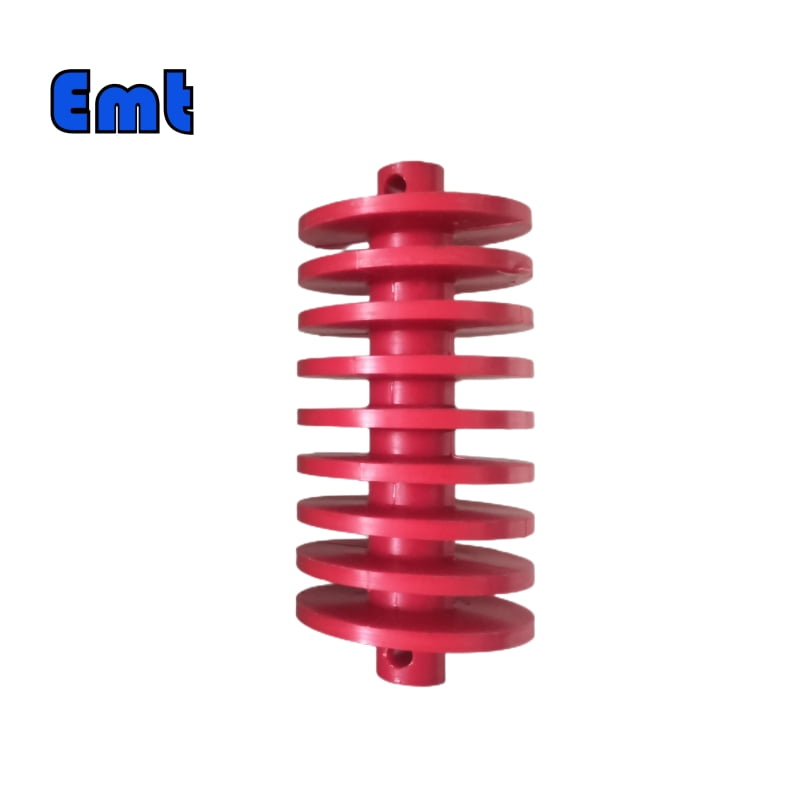
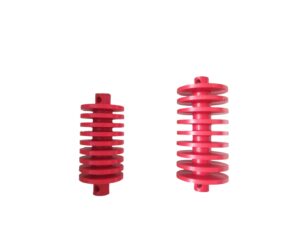
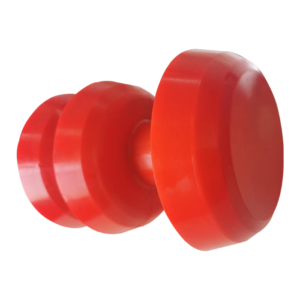
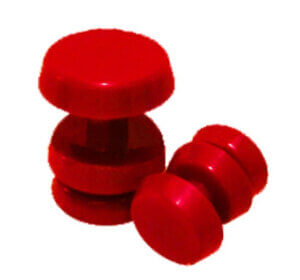
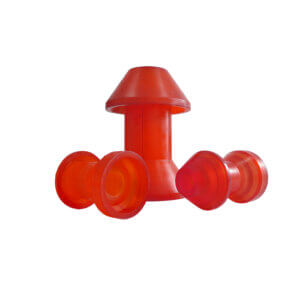
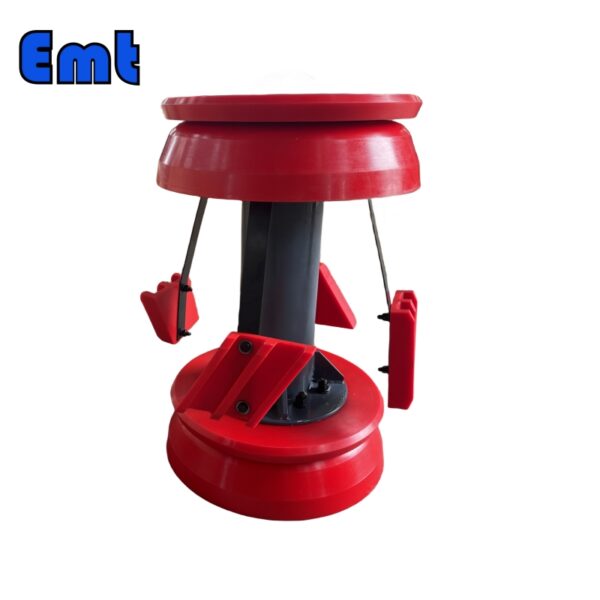
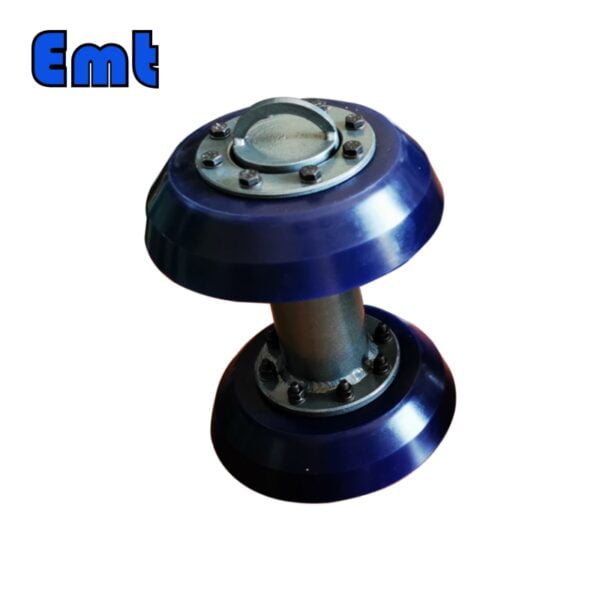
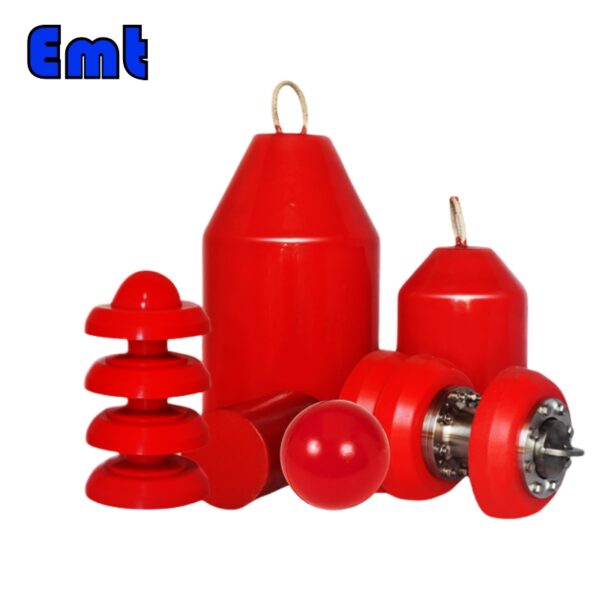
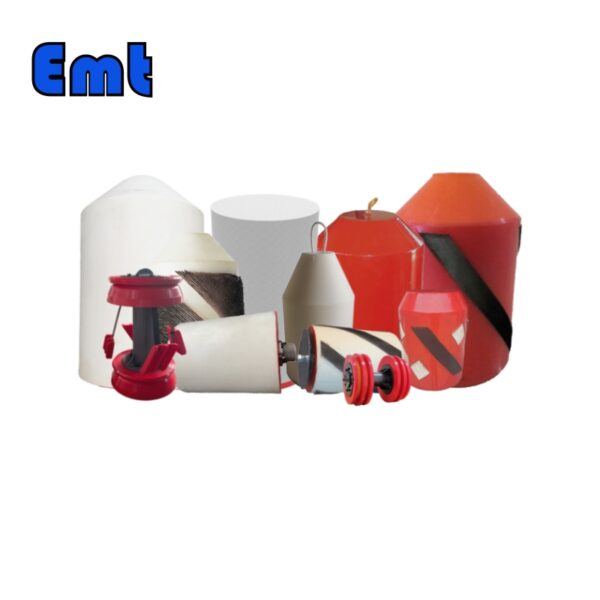
Reviews
There are no reviews yet.